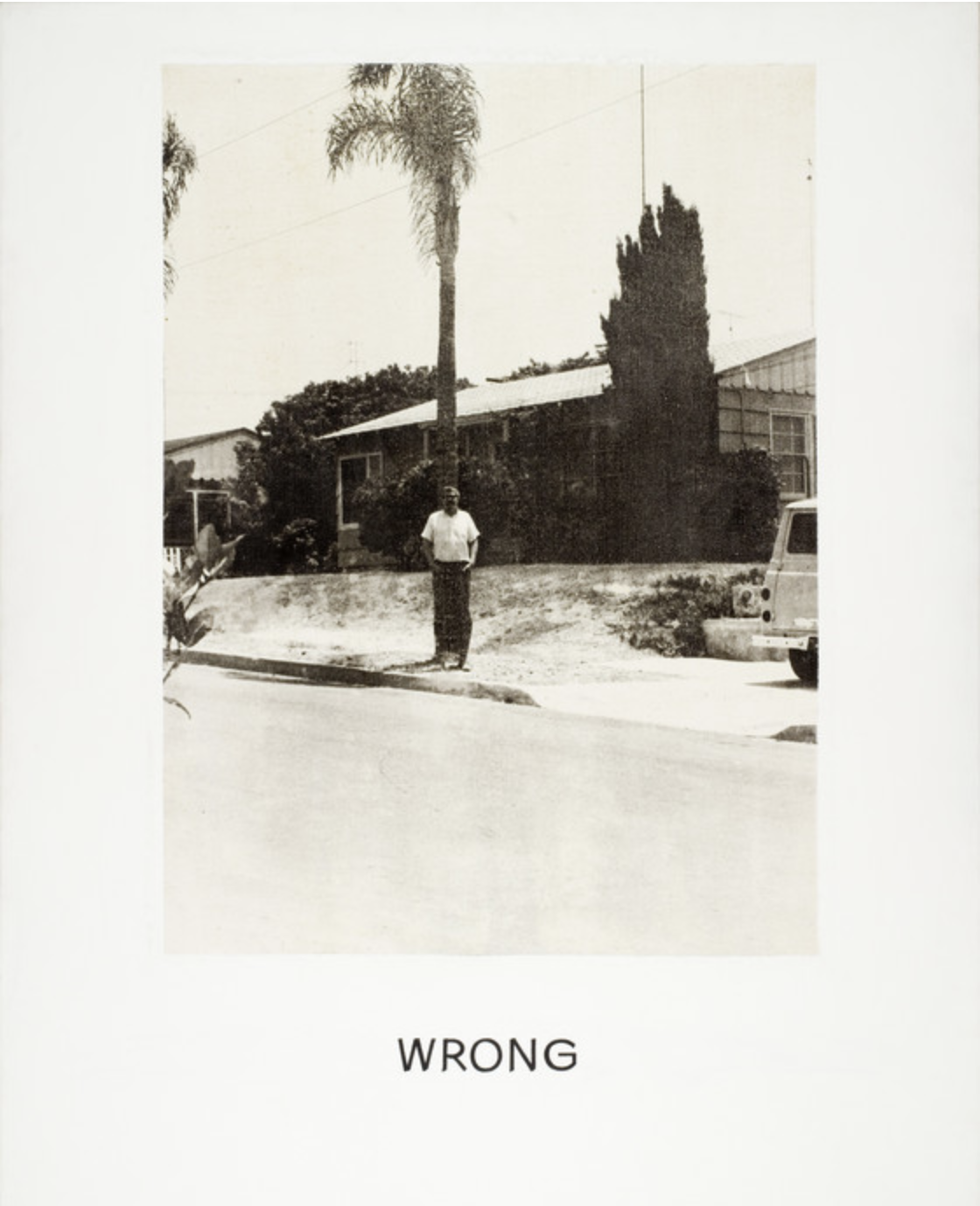- Explain what the phrase Formal Elements means in photography.The seven formal elements are commonly known as: – Line – Shape & Form – Pattern – Tone – Colour – Texture – Space
- Describe each of the 6 elements discussed so far (line, shape, pattern, texture, tone, focus) LineDefinition: Lines are the paths that the viewer’s eye follows in an image.
Use: They can be straight, curved, or diagonal and can create movement, guide the viewer’s attention, or add structure to a photograph.
- Shape
Definition: Shapes are formed when lines enclose a space.
Use: They can be geometric (like squares and circles) or organic (like natural forms) and help define objects in a photo, contributing to the overall composition.
- Pattern
Definition: Patterns are repeated designs or motifs in an image.
Use: They create visual interest and can lead the viewer’s eye through the photograph, often adding rhythm and texture.
- Texture
Definition: Texture refers to the surface quality of an object, how it feels or appears to feel (smooth, rough, etc.).
Use: It can add depth and detail to a photograph, making it more engaging and inviting the viewer to imagine the tactile experience.
- Tone
Definition: Tone refers to the lightness or darkness of a color in an image.
Use: It helps create mood and atmosphere, affecting how we perceive the subject and the overall emotional impact of the photograph.
- Focus
Definition: Focus determines which parts of an image are sharp and clear compared to those that are blurred.
Use: It directs the viewer’s attention to specific elements, helping to convey the main subject or idea of the photograph.
- Give an example that emphasizes each element (you can use your own image or an image from somebody else – but it must be cited!)
- Can an image show just one element at a time? Justify your answer. Line is the main focus.
Category Archives: Photography
Starting Point
Abstract photography can be defined as capturing images in which the subject isn’t the most interesting element. Albert Renger-Patzsch and Aaron Siskind photographed the ordinary to reveal their beauty. Uta Barth reversed the typical use of the camera, shooting out of focus and Andreas Gursky photographs the repetition of elements. During this unit, you will investigate appropriate examples of abstract photography and respond in your own way.
What do you think is meant by “Abstract photography can be defined as capturing images in which the subject isn’t the most interesting element”?
When taking picture or images i think abstract is taking pictures not in the correct or the natural way. However this can be beautiful or have special meanings.
Wrong!
What feelings/states of mind of the photographer are suggested by the image?
I think the feeling or states of mind of the photographer suggested that this type of capturing is wrong and a bad photo taken because there is a tree is behind the mans back and it seems weird for. However, as what Baldessari was trying to claim in the image is “why should we conform to conventional aspects of art or photograph, why does our work have to be judged? The interesting fact is that an idea cannot be wrong or right as it is executed as a personal response.”Therefore, there is not a wrong or right idea in photography.
And in a photography the context is really important because it either shows the emotion that the photographer wanted to evaluate or the picture it want people to appreciate or enjoy so i think the context is really important inorder to make the photo to have some meaning or make it valuable
Photos and Contact Sheet.
This is considered as bad because when I took the photo, the person’s figure formed a double image which is really creepy and looks like the man is a ghost or something.
This is also a bad picture because you are unable to see what is happening in the picture and all the settings the door and the flower are really blurry to see they are just like taken a picture when your hands are really shaky.
This is also a Bad picture due to the vaporation of my breath to the camera make it like you are taking a picture that is in the fog.
This is considered to be a bad picture because of the blurry and the manual focus it made the picture to be really hard to see it clearly, and this technique is actually made by tilting the manual focus into a more blurry stage.
Referencing the picture above entitled “Wrong!” Can a ‘bad’ picture ever be ‘great’? – How important is context in photography?

 This picture is “Bad” the reason is the character in the setting should be really clear however it is blury which it should not and the background image is considered to be really clear but it’s a mistake because we do not want the background to be really clear when we want to take pictures of person.
This picture is “Bad” the reason is the character in the setting should be really clear however it is blury which it should not and the background image is considered to be really clear but it’s a mistake because we do not want the background to be really clear when we want to take pictures of person.




